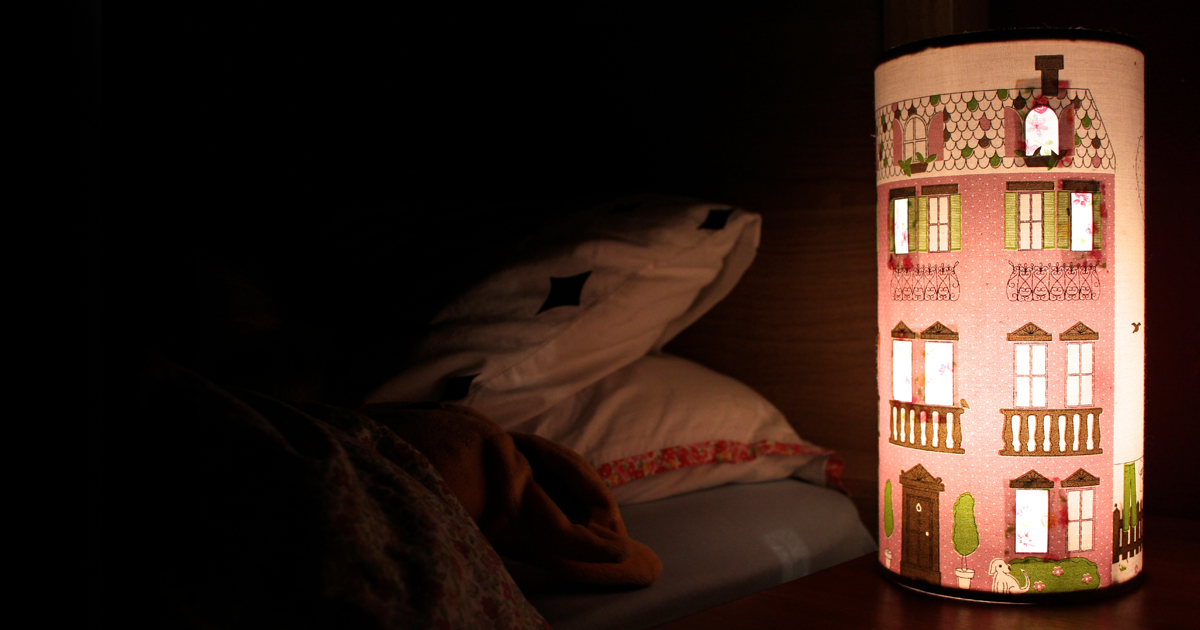5 Common reasons a child may wet the bed

Nobody has to feel guilty about those wet sheets – not the parent and not the kid. Here are some tips for handling the problem with the least stress and fuss.
First thing to know: a kid peeing the bed at night is not a sign that you’re a bad parent. Second thing to know: it’s not the kid’s fault.
For some children, bedwetting is still a problem up to the age of seven. And even after that, a few will still have nighttime accidents. Doctors aren’t sure why it happens. One theory is that the brain and bladder don’t communicate well yet. A full bladder asks the brain to wake up the child but the brain ignores the signal. Then the bladder just lets go. This will go away as the child develops.
WHAT THE EXPERTS SAY ABOUT BEDWETTING
Some experts say the reasons for bedwetting are just physical. It’s due to slower development of bladder control, a small bladder or genetic (it runs in families). Kids with fewer than two bowel movements a week or stools that are large, hard, dry and hard to pass are a bit constipated. This puts pressure on the bladder and could be the problem.
Just about as many experts say the reasons for bedwetting can also be emotional. It can be a big or stressful change in a kid’s life, such as a new baby in the family or moving house. In case they’re right, talk to the child about how they’re feeling in general: how are things at school, at sports, with friends, at home and so on.
If you discover a problem, show you understand and feel for them and talk about ways to make it better. Even if it doesn’t mean the end of wet sheets, you may end up helping your child with another issue you didn’t even know about.

Don’t get mad, though. Don’t scold. Don’t try to shame your child by talking about bedwetting in front of others. In fact, never use shaming to try and change behaviour. And don’t allow anyone in your family to tease about it.If you or your partner wet the bed as a child, tell your child about it. It shows they will outgrow it, since you did.
With a child who is four or older, you can work out a plan of action together. Ask for ideas, which shows that you see this as a problem you can overcome together.
Let the child take as much responsibility as they can at their age. Have a dry towel next to the bed to put on the damp spot, or extra pyjamas so they can change, for instance.
MONITOR THEIR FLUID INTAKE
Encourage your child to drink more fluids earlier in the day. Let them take water to school if it’s allowed and praise them if they come home with the bottle almost or completely empty. This will prevent excessive thirst after school. Then let them have less fluids later in the day.

Remind the child every two or three hours to go have a wee. Keeping it regular will make a difference. The last stop before bed should be the toilet as well. Let them know it’s fine to get up at night for a toilet break and leave a night light on if they’re not keen to walk through the dark house.Try avoiding drinks with caffeine such as chocolate milk or cocoa close to bedtime. Other things that can stimulate the bladder are citrus juices, artificial flavourings and dyes (especially red).
Don’t wake children up to urinate. They need their sleep. Getting them to bed earlier might help. Some kids are deep sleepers because they’re simply not getting enough sleep.
A child who wets the bed doesn’t have to miss out on sleepovers. Remind them what they do at home to stay dry. Pack extra clothes for accidents. The child might feel more at ease in a sleeping bag with a waterproof lining.
Let the parent in charge know your child is worried about bedwetting. Discuss with the child how they’ll handle it, so everyone feels prepared.
MEDICAL HELP
If after age seven a child is still wetting the bed more than two to three times a week, see a doctor. For any age, talk to a doctor if there are other symptoms: for instance, the child suddenly needs to wee more often, it burns when they do, they become unusually thirsty or the urine is pink or red.
Sources: www.psychologytoday.com, www.webmd.com, www.mayoclinic.org, www.medicalnewstoday.com, www.med.unc.edu/urology.
Related articles

Latest Jet club magazine
We’ve got the latest trends, exciting prizes and exclusive savings just for you!
Jet Club will not pass your details to anyone else. By clicking the subscribe button you confirm you have read and agree to the Jet Club Terms and conditions and Jet Club Privacy Statement.
Subscribe

